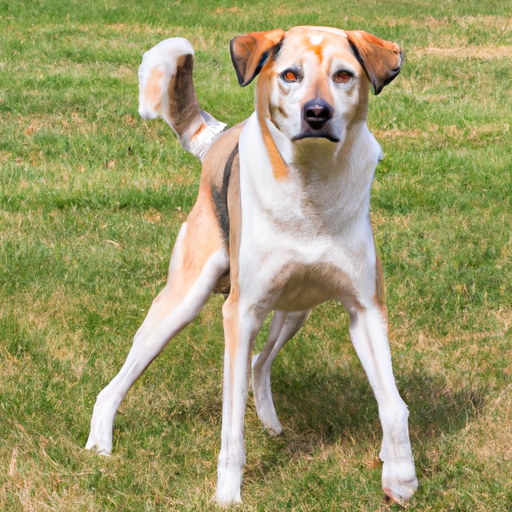As a caregiver for your furry friend, you may have noticed some unusual walking patterns. Perhaps your dog’s front paw is bending unusually, or they seem to be walking on their knuckles. This is commonly known as knuckling in dogs.
Understanding Knuckling in Dogs
Knuckling is a condition where a dog walks on the back of its paw, instead of its pad. It’s often caused by a neurological disorder, which impacts the communication between the brain and the dog’s limbs. This can result in the dog failing to sense the correct position of its feet.
Causes of Knuckling in Dogs
Knuckling can be caused by a variety of factors, such as:
- Degenerative Myelopathy: This is a progressive disease of the spinal cord in older dogs. It often begins with knuckling of the hind feet.
- Intervertebral Disc Disease (IVDD): This condition can cause pressure on the dog’s spinal cord, resulting in knuckling.
- Peripheral Nerve Disorders: Conditions like polyneuropathy can lead to knuckling as they affect the nerves controlling the dog’s limbs.
| Condition | Description |
|---|---|
| Degenerative Myelopathy | A progressive disease of the spinal cord |
| IVDD | A disease that leads to pressure on the spinal cord |
| Peripheral Nerve Disorders | Conditions that affect the nerves controlling the limbs |
Identifying Knuckling in Dogs
Your dog might be knuckling if you notice:
- Difficulty in walking
- Dragging of one or more paws
- Scrapes on the top of your dog’s toes
- Unusual wear on their nails
Treating Knuckling in Dogs
The treatment for knuckling often depends on the underlying cause and may include physical therapy, medication, or in severe cases, surgery. Anti-inflammatory drugs can be used to reduce any swelling, while physical therapy can help improve your dog’s coordination and strength.
FAQ
Q: Is knuckling painful for dogs?
A: It depends on the underlying cause. Some dogs might not experience pain, while others may have discomfort.
Q: Can knuckling be cured?
A: Treatment can often manage the symptoms and improve the dog’s quality of life, but some causes may not be curable.
Q: What can I do to support my dog?
A: Regular vet check-ups, a healthy diet, and physical therapy can all be beneficial.
Your role as a caregiver is pivotal in ensuring your dog’s well-being. Understanding conditions like knuckling can help you better care for your dog and provide them with the support they need to lead a happy, healthy life.



